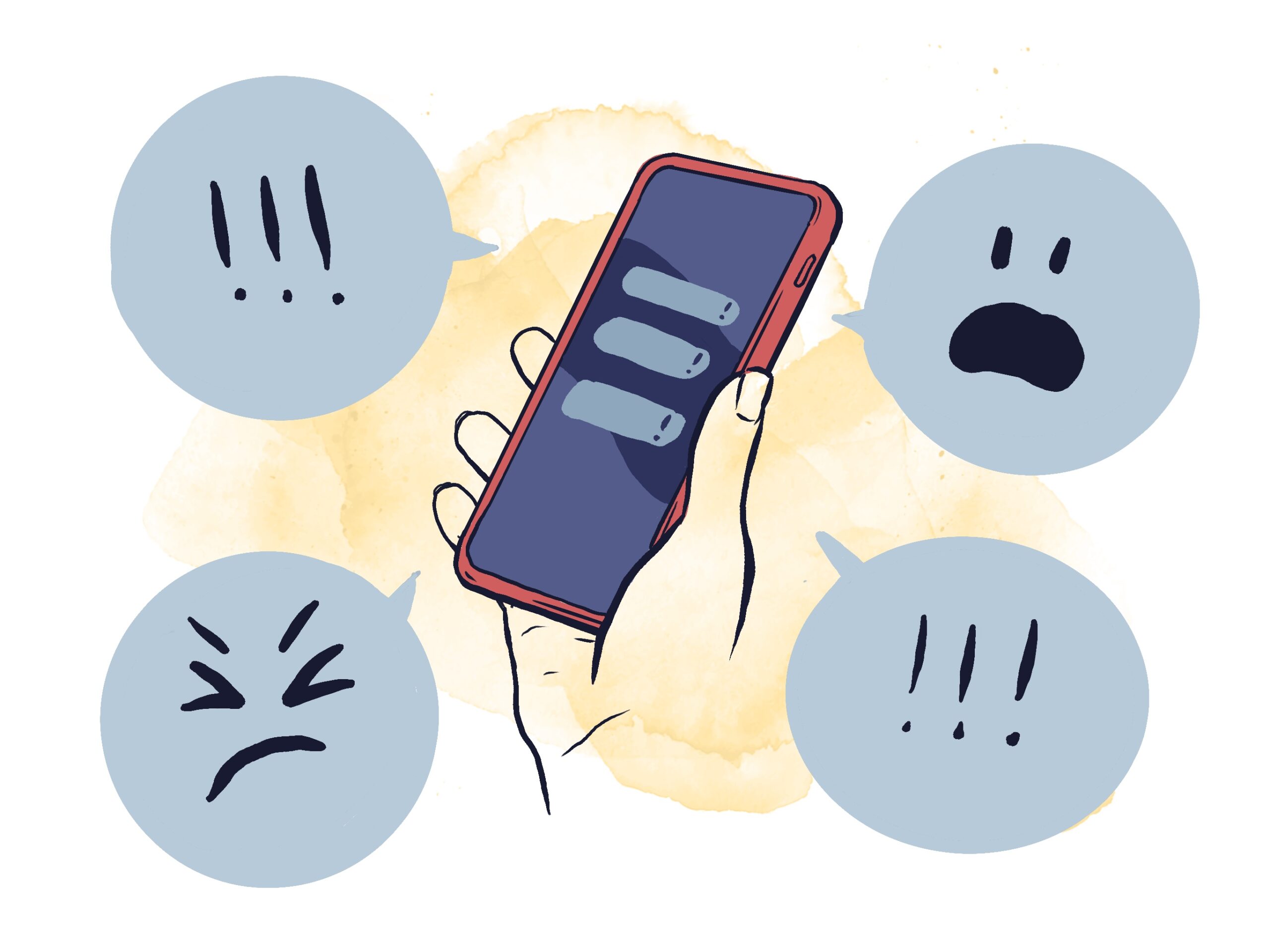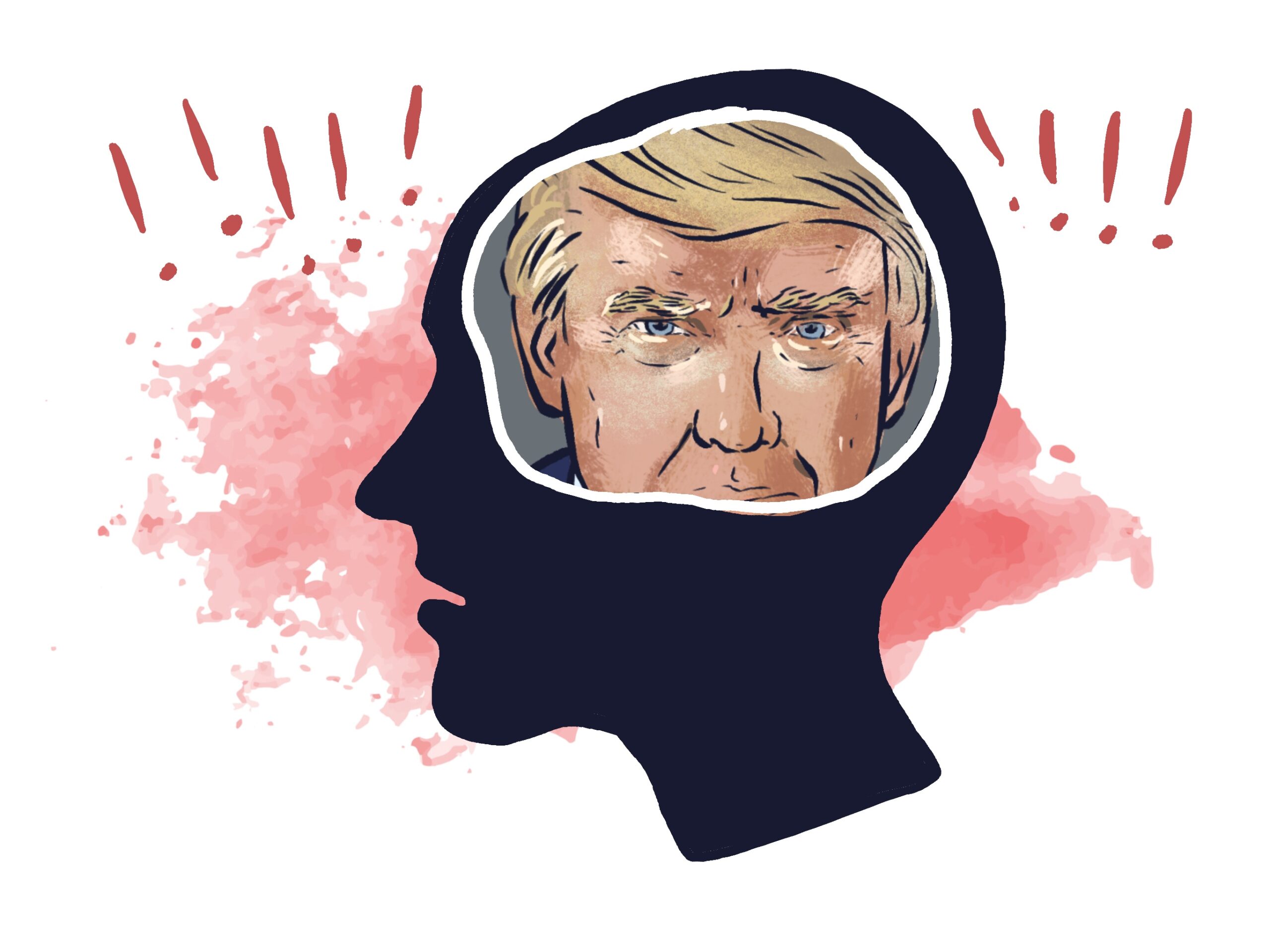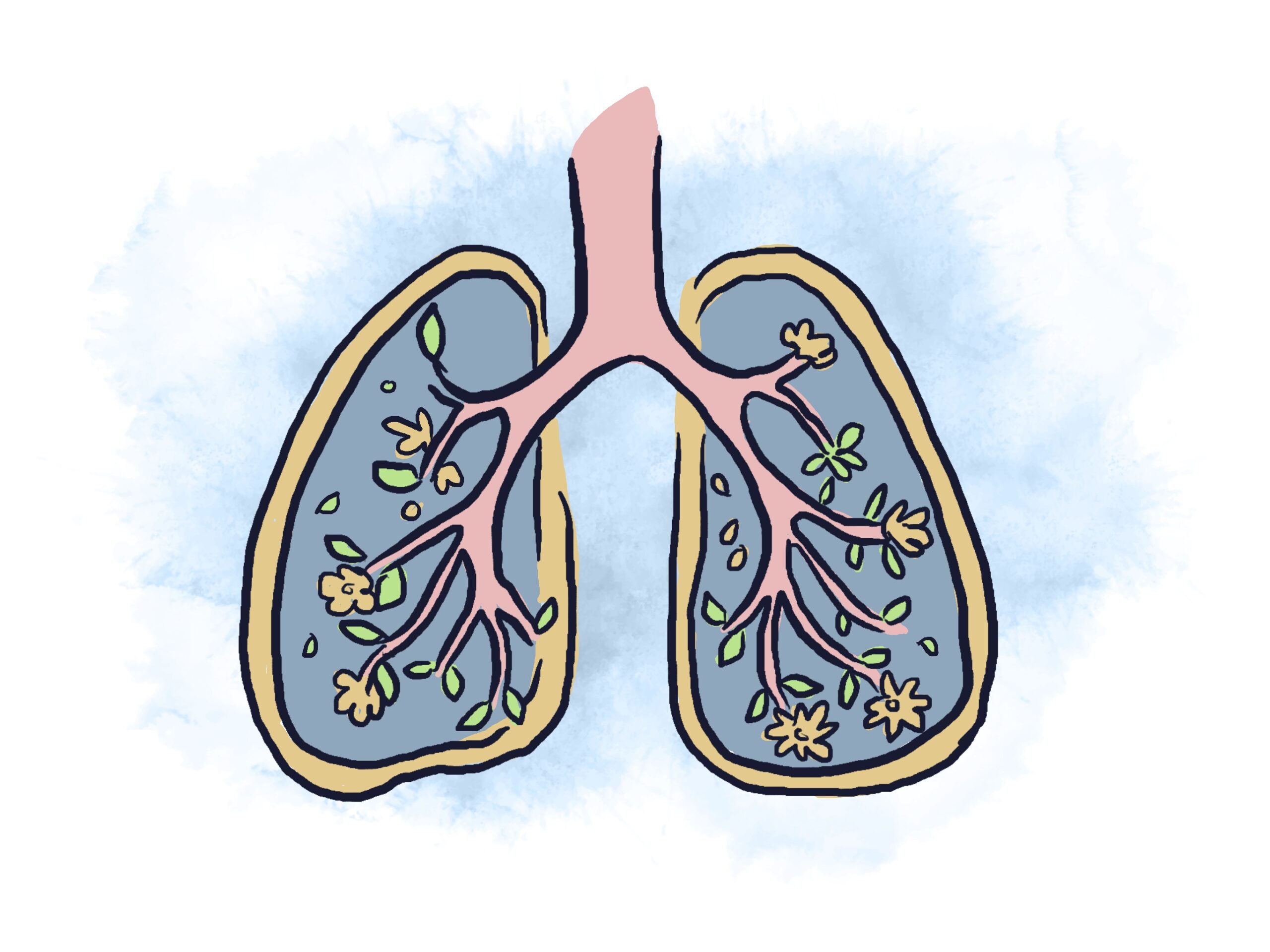You wake up each morning and glance at your phone. You see the latest headlines written by editors who only get paid if you click: MAGA Doxxes Students, 1 dies. Trump Rips College Student Walkouts. Police Arrest Liz Cheney; Trump Vows “more vengeance.” Mexico Border Explodes in Violence.


Each day you wake up worried what will happen next. You are horrified by the prospect of Trump returning for a third term. You post angrily on social media as Trump runs as a Vice President to Eric Trump — an obvious strategy to avoid prosecution and retain the power of the presidency. You post on social media and denounce friends who don’t change their profile pic in support of the pro-democracy movement. But you can tell none of your actions are having an impact. Occasionally, you call up your cousin to argue. But mostly you watch with a growing sense of hopelessness that you spread to others.
During a long, late-night conversation, you bare your soul to your best friend. “There’s so much bad news — I’m overwhelmed all the time. In my mind I get it. He is always doing new bad things, and we can’t stop him by just playing defense. But I have trouble focusing on anything with so much bad happening.” Your friend texts you an article about Finding Steady Ground. Its advice rings true, “When we’re in bad shape, our power is diminished — we’re less creative, more reactive, and less able to plan strategically. If we intend to stay active and effective in the world, we have a responsibility to tend to our spirits.”


You start taking the seven practices in that article seriously — especially being conscious about “when and where I’ll get news — and what I’ll do afterward.” By Trump’s third term (officially as Vice President), you eventually join the movement and learn to be helpful. You teach others that the movement cannot win if it just responds to the latest bad actions of an autocrat. You wish you had been more grounded earlier.
THE END.
You didn’t win this time. Luckily, this is just a game. Obviously, merely being reactive won’t work. But it’s attractive psychologically. Why? Because it reinforces the feeling that we have no agency. But there are lots of options — if only people would spend less time talking about what’s wrong and more about what we can do to change it.
Read Closing Thoughts from the author.
